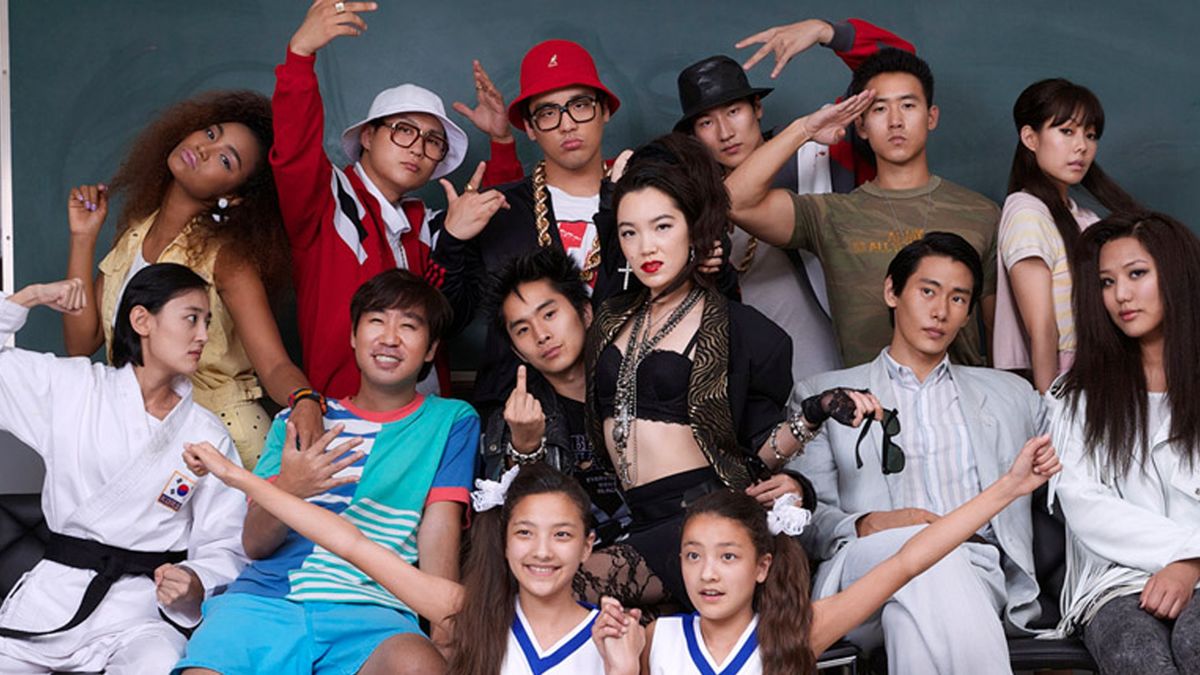YOLANDA NOSAKHARE WRITES — Have you ever wondered what your favorite John Hughes film would look like if it took place at a summer camp in South Korea? This is just what Korean-American filmmaker and writer Benson Lee channeled when he melded John Hughes’ “The Breakfast Club” to his 2015 dramedy “Seoul-Searching”.
Though this film was made 6 years ago, it has recently gained a lot of traction due to its inclusion as one of “Netflix’s Best Foreign Films” this year. Yet even in these troubling times of the pandemic, political uproar and increased racial hostility against Blacks and Asians, those looking for escapism won’t be enthralled by this Korean version of “The Breakfast Club.”
Lee’s film is a coming-of-age depiction based on the true-life story of his attendance at summer camp. Set in 1986, the film follows a group of Asian-American teens sent to a summer camp in Seoul to reconnect with their cultural heritage. And in an effort to display the vastness of the Korean immigrant experience, “Seoul-Searching” includes teenage characters from various parts of America and Europe.
The problem is that this decent idea cheapens itself by using racial slurs and stereotypes. For example: A group of Korean American guys appropriate Black culture in the 80s by wearing gaudy gold chains, rapping randomly and frequently using the n-word. In addition, one of the film’s main characters, “Mike Song”— a Korean-American military brat— refers to this group as “a bunch of jigaboos” during a fight. The film’s Mexi-Korean character, Sergio Kim, speaks with an exaggerated Mexican accent. He also hypersexualizes the women of the film, including a biracial Black Korean girl named Jamie. With the exception of the golden-brown hues of her skin, Jamie fails to represent her true Blasian identity and instead displays an extreme naivete.
And so, an opportunity to tastefully explore the intersectionality between race, identity, and culture was wasted due to Lee’s desperation for cheap laughs. Although it tugs the heart strings of 80s cultural emblems- teased hair, layered outfits, classic jams— “Seoul-Searching” fails to capture the true cultural dichotomies that can be found across the Korean diaspora. Lee’s film as a social commentary is a misfire, and it leaves viewers with much more depth to be desired.

